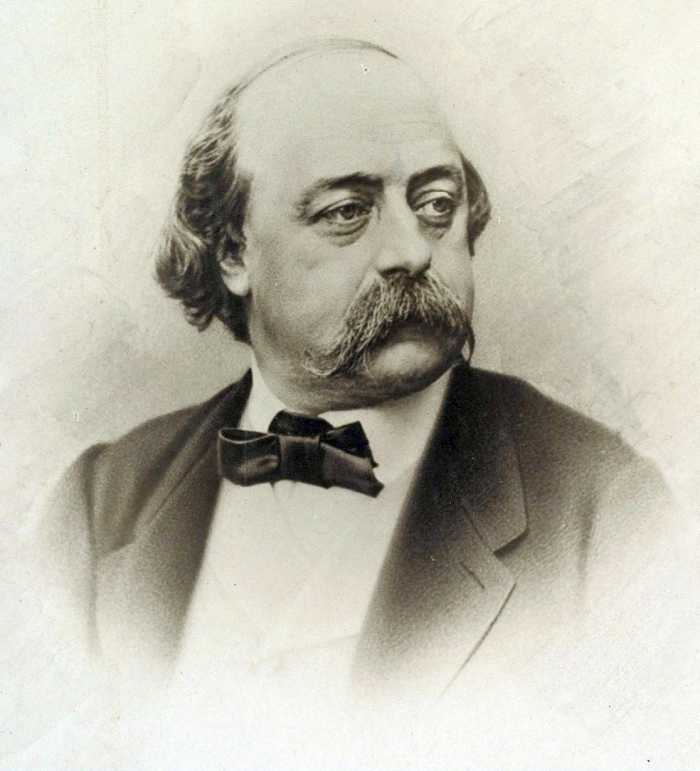



He brought to the art of fiction the kind of attention poets give to composing a sonnet. Flaubert is after all the first “modernist,” the writer who taught so many twentieth-century novelists their craft-Henry James, Joyce, Kafka, Proust, Woolf, Beckett all learned from him. Nothing he published subsequently made the same hit as Madame Bovary, but there are several items that are must reading. He escaped conviction, and the novel profited mightily from the publicity. Gustave Flaubert had published absolutely nothing before his mid thirties-and then opened with a masterpiece, Madame Bovary, published first in serial form (with some passages censored by the editors of the periodical La Revue de Paris), then as a book in 1857, but not before being dragged into court on charges of outrage to public morality. Here, Brooks ranks his favorite Flaubert works. Brooks's book also reveals small yet meaningful details from the correspondence between Flaubert and George Sands. Flaubert believed his novel, published in 1869, anticipated the "terrible year" of summer 1870-71, when France suffered defeat by Prussia, followed by bloody internal strife. Peter Brooks's excellent Flaubert in the Ruins of Paris: The Story of a Friendship, a Novel, and a Terrible Year is the perfect companion for reading Flaubert's Sentimental Education.


 0 kommentar(er)
0 kommentar(er)
